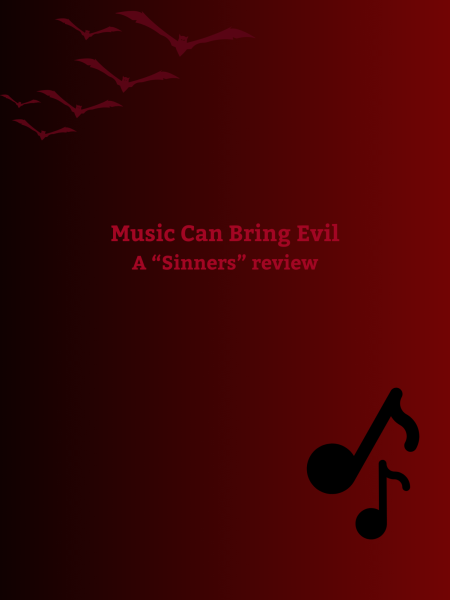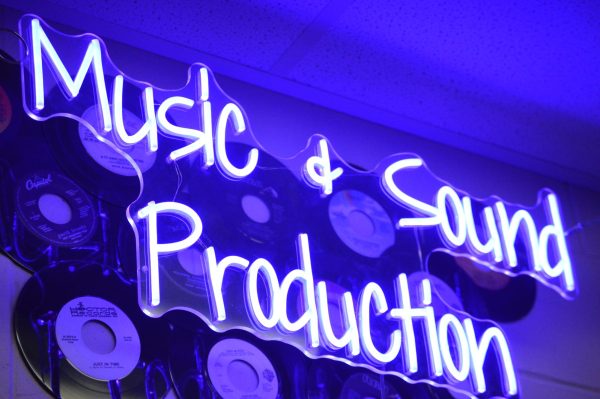AP Exams
Photo used with permission of the Washington Post.
Over 4 million students across the country will take their dreaded AP tests, which span across 38 subjects, beginning on May 2.
Fletcher Haltom is a senior and the opinion and copy editor of the Fishers Tiger Times. His views do not necessarily reflect those of the newspaper.
With AP exam season fast-approaching, many students have found themselves scrambling for last-minute study prep tips. As a student who has endured nine total AP classes, I thought I might put together a guide of tips for a few exams that I have taken in hopes of aiding new testers in their pursuit of the five.
AP Language and Composition
Section I: Multiple Choice (45 questions / 60 minutes / 45% of exam score)
Section II: Free Response (Three questions / 135 minutes / 55% of exam score)
The focus point of preparation for the AP Language and Composition should be strategy, especially in the multiple-choice section. Time is limited, with about 80 seconds to answer each question, so technique is of the utmost importance. Focus on reading each passage thoroughly before looking at the questions, but avoid rereading passages more than twice – if a question is not understood after two readings, move on to the next one and plan to come back later if time allows for it.
In the essay section, focus on getting the points that can most easily be obtained. For example, for the synthesis essay, focus mostly on getting the easily obtainable thesis point and getting at least three points in the evidence and commentary section, but avoid wasting too much effort on the sophistication point – a four or five on the exam is still quite achievable even without that point.
AP Biology
Section I: Multiple Choice (60 questions, 90 minutes, 50% of exam score)
Section II: Free Response (Six questions, 90 minutes, 50% of exam score)
In 2021, about 59.2% of students received a passing score (a three or higher) on the AP Biology exam, making it a relatively difficult exam. Students who are taking this exam should know that there are incredibly difficult questions within it, by design. However, there are also rather simple questions. Efforts should be focused on answering the simple questions correctly, without too much worrying about the few that are designed to be challenging.
Study past FRQs to understand certain topics – College Board likes to repeat certain topics that they view as foundational, so pay attention to those that they have asked about frequently in past years. Focus on answering only what the question is asking – additional details can waste time and cause a previously correct answer to become incorrect.
AP Seminar
Performance Task 1: Individual Research Report (10%) and Team Multimedia Presentation (10%)
Performance Task 2: Individual Written Argument (24.5%), Individual Multimedia Presentation (7%) and Oral Defense (3.5%)
End-of-Course Exam: Understanding and analyzing an argument (Three questions, 30 minutes, 13.5% of exam score), Evidence-based argument essay (One question, 90 minutes, 31.5% of exam score)
At this point, much of the work for AP Seminar has been completed, which is both beneficial and detrimental. The end-of-course exam is unlike most assessments in AP Seminar in that it is a series of timed, written short answer questions and an essay. Knowing the format of the essays is the most important aspect of this exam, as each has a specific set of requirements that are atypical of AP Seminar assessments. Specifically, for the evidence-based argument essay, make sure to establish a clear, coherent, logical argument that will be evident to graders. Time is limited and the exam is not broken up, so allocate time wisely.
AP U.S. History
Section I, Part A: Multiple Choice (55 questions, 55 minutes, 40% of exam score)
Section I, Part B: Short Answer (Three questions, 40 minutes, 20% of exam score)
Section II: Document-Based Question (Two questions, 100 minutes, 40% of exam score)
Most of the work necessary to obtain a five on the APUSH exam would have had to be completed prior to this point in the year, but there is still hope for future test takers. Improving the chances of receiving a five on the exam is reliant upon focusing on broad concepts rather than specific dates. Sure, there will be several questions asking about more specific dates, but the vast majority of questions will be focused on general themes, all of which students should familiarize themselves with.
A major theme of the APUSH exam is causes and consequences, so make sure to focus on the repercussions of specific events, not just the events themselves. Looking at the context of the historical events will set test takers up for success. Additionally, focus study efforts on social aspects of history, as the College Board tends to ask essay and short answer questions based on social changes.

Fletcher Haltom is a senior and a third-year staff member. He loves music, being outdoors and writing.












